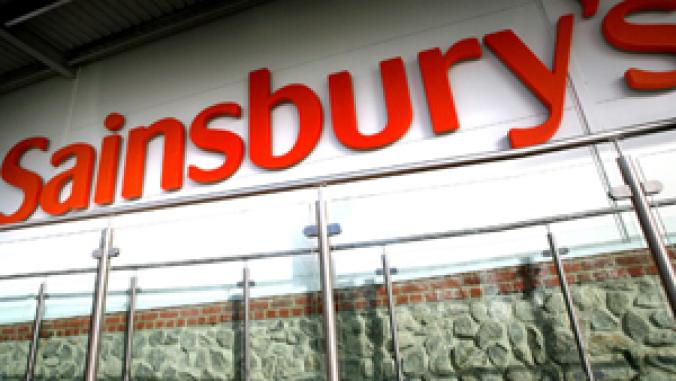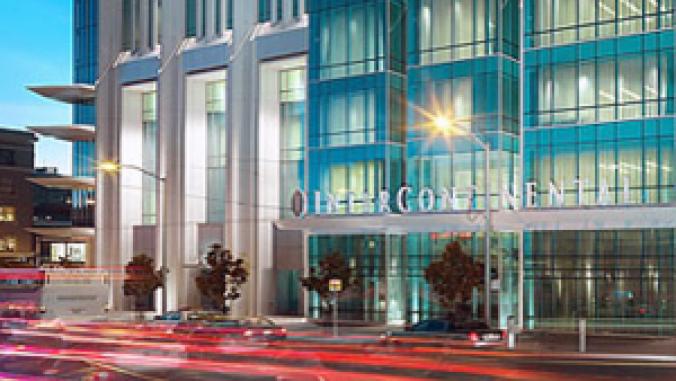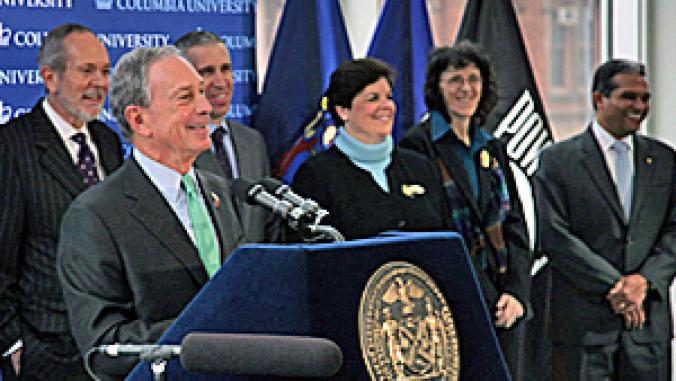B Corp Expands Certification to Building Industry
<p>B Lab, the nonprofit that created the sustainable business certification, launched its building industry addenda at the <a href="http://www.greenerbuildings.com/view-term/all/Greenbuild%202009">Greenbuild </a>conference Thursday, the product of 18 months of development by more than two dozen industry leaders.</p>

Image CC licensed by Flickr user JoshuaDavisPhotography. COM
The B Corp movement took a leap into the construction industry last week with a new rating system designed specifically for the building sector.
B Lab, the nonprofit that created the sustainable business certification, launched its building industry addenda at the Greenbuild conference Thursday, the product of 18 months of development by more than two dozen industry leaders.
Unlike LEED, which certifies the environmental attributes of a building or neighborhood, B Corp certification covers the environmental and social business practices of a company. The B stands for public benefit, and these companies' legal structure allows them to consider environmental and social issues when making business decisions.
More than 200 companies have been certified under its first iteration launched two years ago. The certification's second evolution -- the B Impact Rating System, Version 2.0 -- will be used beginning in 2010. In addition to the building industry addenda, there is also a new assessment available for the financial services industry. The certification lasts two years, but the standards are available for free to help companies benchmark their performance. Building sector companies certified under the first iteration must be re-certified using the new addenda.
The building assessment offers four tracks for real estate developers, design professionals, contractors and builders, and designer-contractors. It includes additional questions in three areas: staff training and process, certifications, and community impact. Sample questions inquire into the percentage of LEED-AP staff at a company, the percentage of products in their portfolios that are LEED-registered, and the percentage of projects that include low income or subsidized housing.
The certification's inclusion of social criteria appeared to pique the interest of green building professionals at Greenbuild looking to differentiate themselves from the "Johnny-come-latelies" to the game, according to B Corp Co-founder Jay Coen Gilbert.
"Many of these companies are looking at sustainability to mean more than being green," Gilbert told GreenerBuildings.com, noting that in his keynote speech, Ray Anderson, founder of Interface, spoke about the next ascent for his company involving the integration of social sustainability into its environmental model.
In a similar vein, the newest version of the Living Buildings Challenge standards unveiled at Greenbuild also aims to go beyond an individual site to address issues such as social justice and urban agriculture. For example, a minimum amount of site square footage must be used for food production and the site must provide unrestricted access to rivers, lakes and shorelines.
Image CC licensed by Flickr user JoshuaDavisPhotography.COM.




